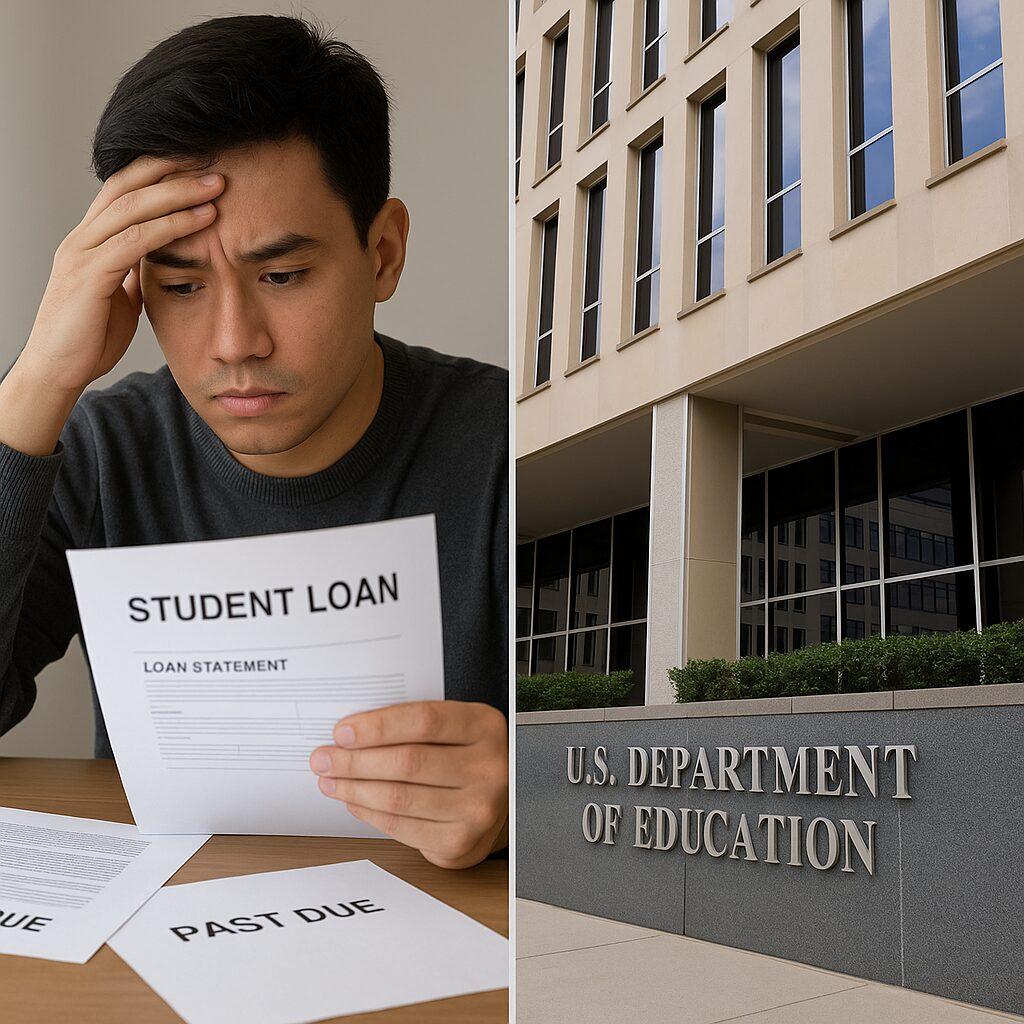TECH giant Apple and the FBI faced off Tuesday, March 1, in front of the House Judiciary Committee, arguing whether the agency should have the right to compel technology companies to assist the government in accessing encrypted devices.
Apple and the FBI are engaged in a legal battle about if the company should be forced to hack an iPhone used by Syed Farook, one of two shooters who killed 14 people in a shooting rampage last December in San Bernardino, California.
The agency wants Apple to create software that would bypass the iPhone security feature that erases data on the device after 10 incorrect passcode entries.
Legislators accused the Justice Department of overreaching its authority, and undermining privacy and cybersecurity, The Guardian reported. Rep. Zoe Lofgren (D-California) also called the department’s attempt to coerce Apple into unlocking Farook’s phone a “fool’s errand.”
“We are asking to ensure that we can continue to obtain electronic information and evidence pursuant to the legal authority that Congress has provided us to keep America safe,” said FBI Director James Comey.
On Thursday, Feb. 25, Comey told a different house panel that the code Apple was directed to write would work only on Farook’s phone and would not leave the company.
“[So] the idea of it getting out in the wild and it working on my phone or your phone … is not a real thing. [In addition] the code will be at Apple, which I think has done a pretty darn good job of protecting its code,” he said.
Apple, however, has said the case would set a significant precedent that could amount to creating a master key for its devices. Tim Cook, the company’s CEO, has called such a software the “equivalent to cancer.”
“The FBI has asked a court to order us to give them something we don’t have, to create an operating system that does not exist because it would be too dangerous,” Bruce Sewell, Apple’s general counsel, said during Tuesday’s hearing. “They are asking for a backdoor into the iPhone – specifically to build a software tool that can break the encryption system which protects personal information on every iPhone.”
Sewell also said that writing a new operating system “will weaken our safety and security, but it will not affect the terrorists in the least.”
During his testimony, Sewell added that the company believes Congress should strike the balance on the security issue. However, Rep. James Sensenbrenner (R-Wisconsin), warned, “I can tell you you’re not going to like what comes out of Congress.”
Other tech companies, including Facebook, Google, Microsoft and Twitter, support Apple’s stance.
Former congressman and presidential candidate Ron Paul has also called on the public to stand by Apple.
“The government spying on us has not prevented one terrorist attack,” he said.
Paul also said it would be a “precedent-setting case” if Apple cooperates with the FBI in this particular instance.
“We have a fundamental right to go about our daily life without the threat of government surveillance of our activities,” he said.
Critics of Apple include New York District Attorney Cyrus Vance Jr., who said at a press conference last week: “This has become the Wild West in technology. Apple and Google are their own sheriffs and there are no rules.”
Tuesday’s hearing comes one day after a federal judge in New York ruled that Apple does not need to help investigators unlock an iPhone in a separate drug-related case.
“There’s already a door on that phone. We’re asking Apple to take the guard dog away and let us pick the lock,” Comey said, according to CNN.
A federal magistrate previously ordered Apple to cooperate with the FBI and unlock the phone. Federal agents believe the device could contain information about whether or not Farook and his wife, Malik Tashfeen, worked with others to plan the attack.
Furthermore, Comey on Thursday, Feb. 25, told a congressional panel that the iPhone could have “locator services” that would help the FBI fill in a gap in the whereabouts of Farook and Tashfeen when they fled police after the San Bernardino shooting rampage last December.
“We’ve looked at every gas station camera, every intersection camera, we have the whole route, but we’re missing 19 minutes before they were finally killed by law enforcement. The answer to that might be on the device,” Comey said.
Those who testified agreed that Congress needs to approve legislation that clarifies when technology companies must turn over consumers’ encrypted data.
In Congress, House Homeland Security Committee Chairman Michael Michael McCaul (R-Texas) and Senate Intelligence Committee member Mark Warner (D-Virginia), have introduced a measure that would establish a National Commission on Security and Technology Challenges. The entity would consist of 16 “experts representing all of the interests at stake so we can evaluate and improve America’s security posture as technology – and our adversaries – evolve.”
Attorneys are scheduled to respond to Apple’s appeal regarding the San Bernardino iPhone by March 10. A court hearing is slated on March 22.






